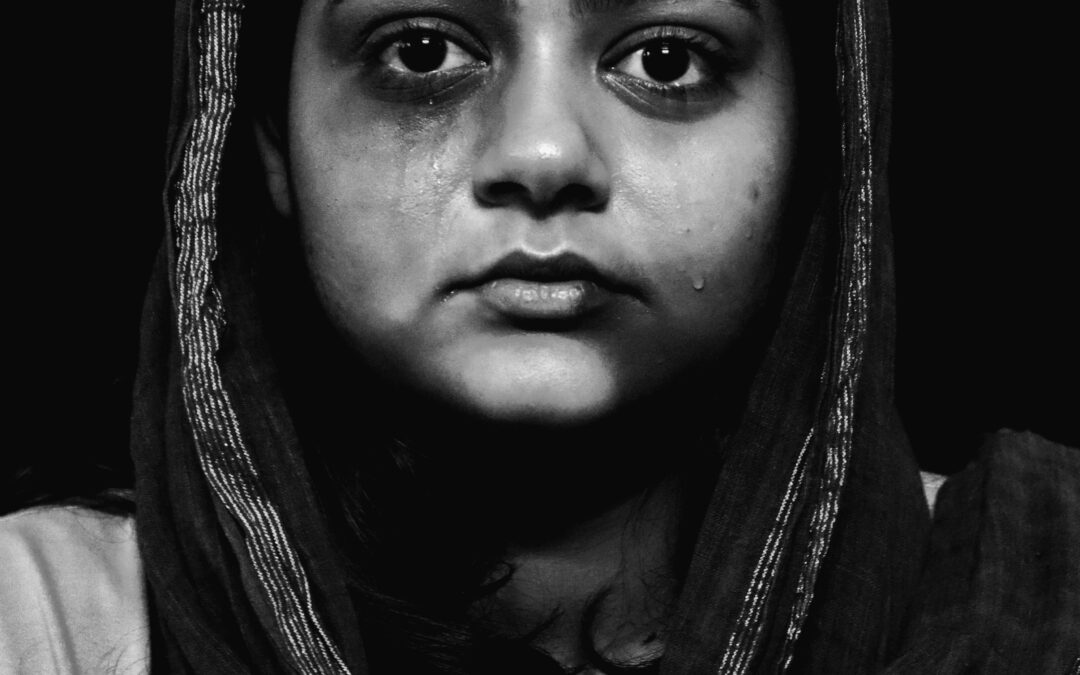Physical abuse in a relationship is real and it is far more common than what many believe. It is also devastating and life-altering. And most importantly – it happens in silence. It often remains invisible to the outside world, sometimes until it is too late to fix anything.
Physical abuse can involve any of the following violent acts:
• scratching or biting
• pushing or shoving
• slapping
• kicking
• choking or strangling
• throwing things
• force feeding or denying you food
• using weapons or objects that could hurt you
• physically restraining you (such as pinning you against a wall, floor, bed, etc.)
• reckless driving
• other acts that hurt or threaten you.
Victims of abuse know this very well – it seems impossible to leave the aggressor or a physically abusive partner. Regardless of how violent they may be at some moments, they are usually quite seductive and charming in other moments.
The abuse can happen with long periods of seemingly peaceful and quite happy days. But, unfortunately, once a partner has crossed the line of raising their hands to you, it’s highly likely that they will do it again.
An abuser will often blame someone else, such as the victim, for saying or doing something that ‘caused’ their violent behavior. Or they might say their behavior was a result of being under the influence of alcohol or drugs, or feeling stressed or frustrated.
What you need to remember:
• Their violent behavior is always their responsibility, not yours.
• Abuse is never okay or justifiable.
• Whatever they say, their violence is never acceptable.
A lot of research has been conducted to determine what leads to physical abuse in the marriage, and what it causes. Obviously, there are immediate physical consequences of being tossed around or beaten.
But, these heal (even though they too can have severe and long-term consequences). In its extreme (which is not that rare), physical abuse in a relationship can be life-threatening to the victims.
Here are some typical reasons a woman stays with an abusive husband and does not seek the help she needs:
• She still loves him.
• She feels sorry for him, and believes she can help him.
• He promised to get help.
• She feels the good times outweigh the bad.
• She believes if she can work harder to please him, he will treat her better.
• She blames herself and thinks she deserved the beatings.
• She doesn’t believe she can escape her batterer’s domination.
• She may think other people will believe it’s her fault.
• Her abuser threatens to kill her, to kill others and/or himself if she leaves him.
• She feels she cannot financially support herself and/or her children.
• She has no other support system available (friends, family, etc.).
• She believes that if she hangs in there with him, things will change, and get better.
• She fears being alone.
• She came from an abusive home so the violence seems natural.
• She denies or minimizes the abuse, e.g., “It really wasn’t that bad. He only hits me every few months.”
• She stays because of religious or cultural beliefs (i.e., believing she is abandoning God or her parent’s values if she leaves).
• She believes leaving will mean she is a failure as a wife and mother.
• She does not know her legal rights and feels she has no options.
• She stays because of the children.
• She doesn’t know anywhere she can move.
• She is too afraid or feels too powerless to leave.
• He isn’t always brutal—he can be very loving when he’s not abusive.
• She is unaware of the resources available to her.
Do not try to make changes on your own. You will need help during the recovery process, and you will need help as you address the abuse in your marriage or relationship.
What should you do if you’ve been physically abused?
If you’ve experienced physical abuse, it’s essential that you seek help. Most importantly, if you’re currently fearful or you believe you’re in danger, contact the emergency services (09134736562) immediately.

